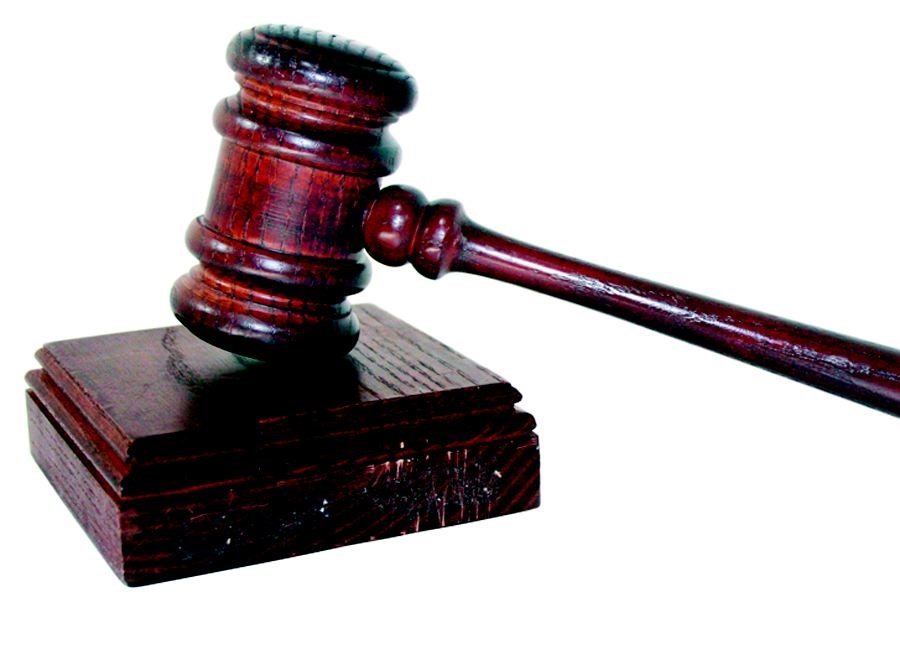A Prince George man's campaign to soften his sentencehit a road block last week when a B.C. Court of Appeal Justice dismissed his request for a lawyer paid for through legal aid.
Everett Riley Edward Patrick, 37, is fighting the 22 months and 21 days in jail and three years probation he received in February after he pleaded guilty to criminal harassment, obstruction of justice, theft over $5,000, assault of a peace officer and breach of probation.
In a decision issued Thursday, Justice Richard Goepel concluded Patrick does not have the resources to pay for a lawyer out of his own pocket. But he also agreed with the Legal Services Society's decision to reject Patrick's application for legal aid on the basis that Patrick's arguments had no reasonable prospect of success.
Patrick is disputing in particular the sentence he received for assault of a peace officer, for which he received eight months, to be served consecutively to the other sentences. Patrick submitted the length was a "major increase" from the 60 days he previously received for the same offence on a different matter.
Patrick also argued the length of probation is excessive and the "no alcohol" provision is inappropriate, saying there is no link between drugs or alcohol and the particular offences in question.
And he maintained the judge failed to take into account his Gladue report - which provides guidance to judges sentencing aboriginal offenders - along with his participating in rehabilitation programs and letters of support for him.
Goepel found the sentencing judge actually "paid particular attention" to the Gladue report and further noted the sentence for assaulting the peace officer was the result of a joint submission from Crown and defence counsels.
Given the extent of his criminal record, which adds up to 74 convictions, Goepel noted the judge found a lengthy probation was necessary for Patrick's rehabilitation and to protect the public.
And while alcohol may not have played a role in the offences in question, it had in previous offences for which Patrick was convicted, Goepel noted.
"In my view, the weak grounds of appeal, coupled with the deference that is owed to sentencing judges, lead me to conclude that the appeal has no reasonable prospect of success," Goepel said.
"The grounds of appeal are not complex and Mr. Patrick appears to be more than capable of articulating those grounds on his own behalf," Goepel added.



